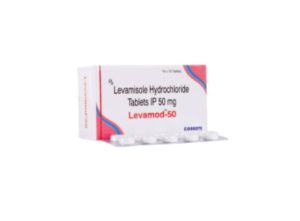
Meropenem
Description:
Meropenem is a broad-spectrum carbapenem antibiotic used to treat serious bacterial infections. It works by inhibiting bacterial cell wall synthesis, making it effective against a wide range of Gram-positive and Gram-negative bacteria, including anaerobes.
Brand Names:
- Merrem (most common)
- Other regional brands may exist.
Dosage Forms:
- Typically available in 500 mg and 1 g vials for injection.
Uses:
- Treatment of complicated skin and skin structure infections.
- Complicated intra-abdominal infections.
- Bacterial meningitis.
- Hospital-acquired pneumonia, including ventilator-associated pneumonia.
- Urinary tract infections (complicated).
Dosage:
- Adults: 1 g every 8 hours or 500 mg every 6 hours, depending on the infection severity.
- Children: Dosage is weight-based; typically 10-20 mg/kg every 8 hours.
- Adjustments may be necessary for renal impairment.
Side Effects:
- Common: Nausea, vomiting, diarrhea, headache.
- Serious: Allergic reactions (anaphylaxis), seizures, Clostridium difficile-associated diarrhea, and liver enzyme elevations.
Contraindications:
- Hypersensitivity to meropenem or other carbapenems.
- Caution in patients with a history of seizures or CNS disorders.
Drug Interactions:
- May decrease the effectiveness of valproic acid (risk of seizures).
- Potential interactions with other nephrotoxic agents (e.g., aminoglycosides).
Special Considerations:
- Monitor renal function in patients with pre-existing renal impairment.
- Use with caution in pregnant or breastfeeding women; benefit-risk assessment is necessary.
- Ensure adequate hydration to reduce the risk of nephrotoxicity.
Conclusion:
Meropenem is a potent antibiotic for serious infections caused by multidrug-resistant bacteria. Its broad-spectrum activity and effectiveness make it a critical option in clinical practice, but careful monitoring for side effects and interactions is essential to ensure patient safety.







